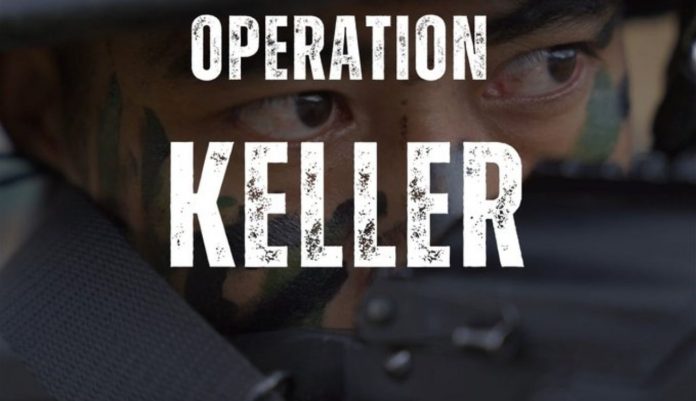Operation Keller: The Indian Army has once again shown its sharp strength and smart strategy in fighting terrorism. After the success of ‘Operation Sindoor’, the army launched another powerful mission called ‘Operation Keller’ in the Shopian district of Jammu and Kashmir. This new action targeted and eliminated three hardcore Lashkar-e-Taiba (LeT) terrorists hiding in the dense Keller forest.
What Happened in Operation Keller
The operation took place on May 13, after the army received specific intelligence inputs about the presence of terrorists in the Shoekal Keller area. A special team from the Rashtriya Rifles acted quickly and launched a search and destroy mission.
As the troops surrounded the area, they came under heavy firing from the terrorists. A fierce gunfight broke out in the thick forests. After hours of intense fighting, the army managed to neutralise all three terrorists. Their bodies were recovered from the forest, marking a big win for the Indian security forces.
Who Were the Terrorists Killed?
Among the three terrorists, Shahid Kuttay was the most wanted. He was a top commander of Lashkar-e-Taiba and a category ‘A’ terrorist. Shahid had been involved in many anti-national activities, including the murder of a BJP sarpanch in Shopian last year. He had joined the terror group in 2023 and was a local resident of Chotipora Heerpora in Shopian.
The other two killed were identified as Adnan Shafi and a third unidentified terrorist. All three were heavily armed and posed a big threat to the region’s peace.
Why is Operation Keller So Important?
This operation is a continuation of India’s counter-terrorism mission after Operation Sindoor, which recently targeted terror camps in Pakistan and PoK. Operation Keller highlights how the Indian Army is working proactively, using real-time intelligence and quick action to stop terrorism at the root level.
The timing of this operation also shows how alert and prepared our security forces are. It proves that even heavily armed terrorists hiding deep in forests cannot escape the army’s radar.
The Bigger Picture: Terrorism in Jammu and Kashmir
Since the late 1980s, Jammu and Kashmir has faced regular attacks and infiltration from Pakistan-backed terror groups like LeT, Jaish-e-Mohammed, and Hizbul Mujahideen. These groups are trained and sent across the border to create violence in the region.
But in recent years, India’s strategy has changed. Instead of waiting for attacks, the forces are now going after the terrorists directly. With modern technology, sharp surveillance, and quick response units, India is turning the table on terrorism.
Pakistan’s Proxy War and India’s Strong Response
Pakistan continues to sponsor terrorism by giving shelter, arms, and support to these groups. But India is no longer taking these threats lightly. Be it surgical strikes, air strikes, or precise ground operations like Keller and Sindoor, the message is clear: terrorism will not be tolerated.
‘Operation Keller’ is another shining example of India’s dedication to keeping Jammu and Kashmir safe. It is a reminder that our soldiers are always ready, day and night, to protect the nation. The bravery and commitment shown in this operation will be remembered and respected by every Indian.
The people of Jammu and Kashmir, who have suffered from the fear of terrorism for years, can now feel more secure, thanks to the courage of our armed forces.
FAQs
What is Operation Keller?
Operation Keller is a counter-terror operation launched by the Indian Army on May 13, 2025, in the Keller forest area of Shopian, Jammu and Kashmir.
How many terrorists were killed?
Three Lashkar-e-Taiba terrorists, including top commander Shahid Kuttay, were killed.
Who led the operation?
The operation was conducted by units of the Indian Army’s Rashtriya Rifles.
Why is it called ‘Operation Keller’?
It is named after the Keller area in Shopian where the terrorists were hiding.
What was Operation Sindoor?
Operation Sindoor was a prior Indian Army mission that targeted terror camps in Pakistan and PoK.
Who was Shahid Kuttay?
Shahid Kuttay was a top LeT commander and involved in many terror activities in J-K.
What’s the impact of these operations?
They weaken the terror network, boost local security, and send a strong message to sponsors of terrorism.





